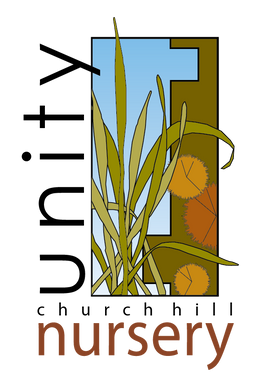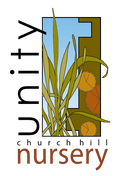
Elymus virginicus (Virginia Wild Rye) Unity Grown
- In Stock
- Inventory on the way
Elymus virginicus, also called Virginia wild rye, is a cool-season perennial grass native to much of the continental United States and Canada (not just Virginia). Growing in small clumps up to 2-4' tall and wide, Virginia wild rye is named for its similar appearance to that of common rye (Secale cereale), especially as it nears maturity. As a cool season grass, Elymus virginicus puts on all of its growth in the spring and fall, when temperatures get a bit cooler, and slows down during the summer; as fall approaches, Virginia wild rye turns to striking golden-red and bronze shades, adding seasonal appeal to the harvest landscape. Tolerance to both full sun and partial shade also makes this grass an equally great choice for open fields as well as woodland margins.
Though Elymus virginicus does not attract pollinators, as it is wind pollinated, it is a host plant for several species of butterfly and moth, including the false Wainscot moth (Leucania pseudargyria), which is found throughout the mid-Atlantic. After seed heads begin to set, these grasses also attract a wide variety of birds that feed upon the mature seed. Since Elymus virginicus can reseed easily, birds will aid in the grass's spread, making it an excellent choice for rehabilitation and re-naturalizing disturbed areas and disused agricultural areas since it also tolerates deer browsing and a number of different soil conditions. Some care should be taken with choosing an appropriate planting location for Virginia wild rye, however, as mature seed awns can be rather sharp, and get stuck in the tender paws of pets.

